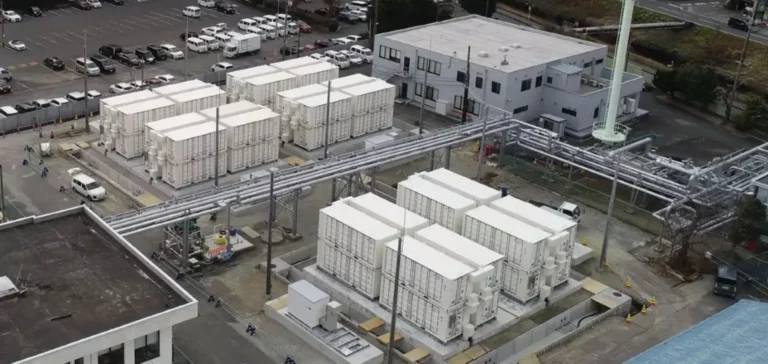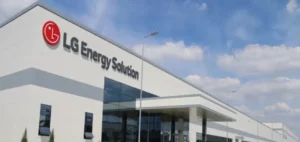Utility-scale battery energy storage system prices in Asia-Pacific are hitting historical lows, driven by technological innovation, stabilised raw material costs and intense competition among manufacturers, particularly in China. However, the annual rate of cost reduction is expected to slow, from the current 14% to only 1% by 2029.
China maintains regional lead on pricing
China remains the most competitive market in the region for battery storage systems. According to forecasts, costs could fall by 35% to $84 per kilowatt-hour by 2034. This market dominance is underpinned by substantial investments in battery supply chains, manufacturing overcapacity, and fierce domestic competition among suppliers.
Across the rest of Asia-Pacific, cost disparities are driven by import regulations, certification requirements, and varying grid standards. The Wood Mackenzie report analyses five major markets: China, Australia, Japan, South Korea and India.
Construction costs vary widely across markets
Engineering, procurement and construction (EPC) costs for battery projects vary significantly, ranging from $59 to $117 per kilowatt-hour. In Australia and Japan, high labour costs and workforce shortages weigh heavily on project budgets. Australia benefits from competitive battery pricing through Chinese imports, but persistent labour shortages in the energy sector reduce the impact of these savings.
In Japan, a strong preference for domestically produced battery systems results in costs up to three times higher than in China, despite the gradual entry of foreign manufacturers. In South Korea, local producers continue to rely on Nickel Manganese Cobalt (NMC) chemistry, in contrast to the regional shift toward Lithium Iron Phosphate (LFP) technology.
India shows strongest cost reduction potential
India stands out for its stronger cost-cutting outlook, with turnkey costs projected to fall by nearly 40% by 2034. This trend is supported by government initiatives such as the Viability Gap Funding scheme and low labour expenses.
The average storage duration of utility-scale projects in Asia-Pacific is expected to rise from 2.4 hours in 2025 to 3.4 hours by 2034, generating up to 20% additional cost savings per kilowatt-hour due to EPC economies of scale.
Energy storage investment in the region is projected to exceed $500bn over the next decade, already outpacing investment in coal and gas-fired power.





















